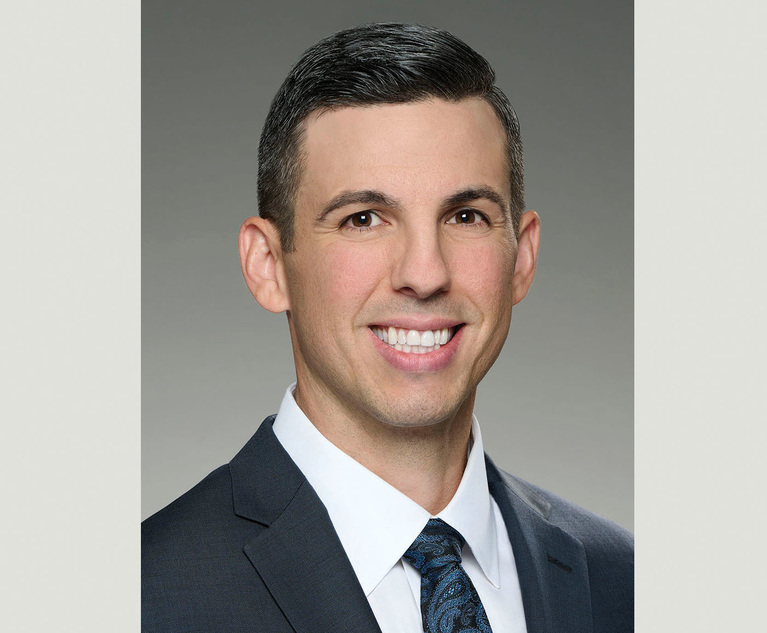Many litigators have either retained or served as local counsel in state or federal courts. Litigators with national practices may work with local counsel more often than not. Those with niche practices handling cases in specialized courts, such as the Delaware Chancery Court, also frequently serve as local counsel to those who are admitted to practice outside the jurisdiction. However, when that out-of-state lawyer calls and wants you to be local counsel in a multimillion-dollar case, don’t get too excited until you first work out a few important details.
Typically, the out-of-state lead counsel relies on local counsel for procedural assistance, filing responsibilities and other seemingly mundane tasks, but maintains primary authority over strategic decisions and direct contact with the client. In fact, more often than not, lead counsel will not want local counsel to have any contact with their client. Lead counsel will assume responsibility for all substantive matters in the case, including written discovery, responding to any motions, all depositions and trial if necessary. Local counsel is generally responsible for reviewing pleadings to ensure that procedural requirements are satisfied, advising on the applicability of local rules and state law when necessary and moving for the pro hac vice admission of lead counsel. In a perfect world, the matter eventually concludes through settlement or a trial and the client is very happy with the result. But what if the client is dissatisfied with the quality or result of the representation? The short answer is that both lead and local counsel could face a legal malpractice claim, regardless of which counsel truly controlled the matter, or even committed any alleged errors. There are steps attorneys should take to protect themselves when acting as local counsel.


 (L to R) Thomas Wilkinson and William Gericke of Cozen O’Connor. Courtesy photo
(L to R) Thomas Wilkinson and William Gericke of Cozen O’Connor. Courtesy photo




